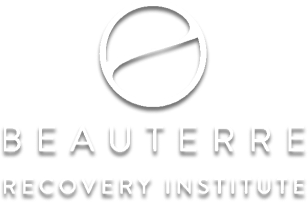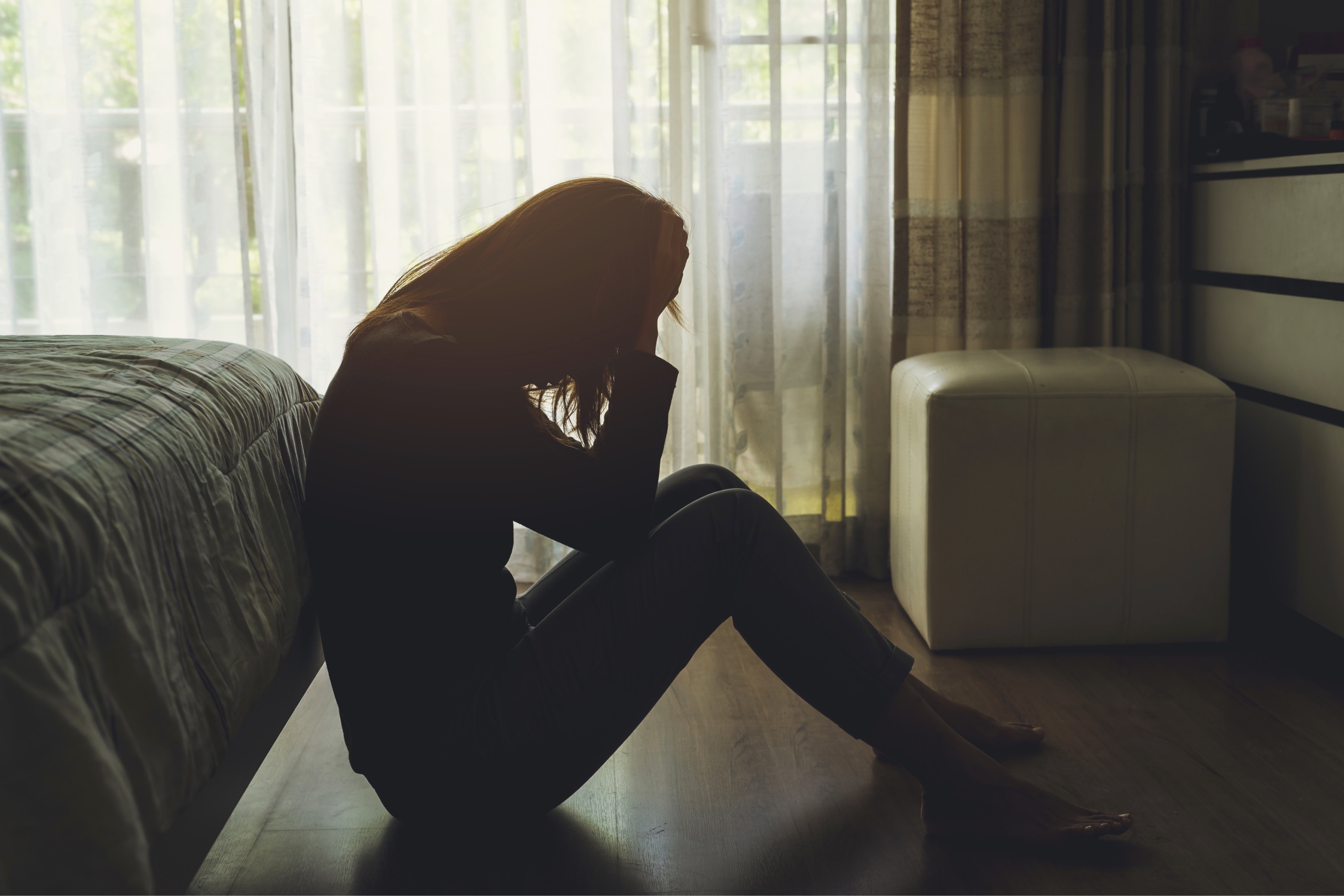The Substance Abuse and Mental Health Services Administration (SAMHSA) defines prescription drug abuse as the intentional use of medication without a prescription in a different way than prescribed, or for the feeling it causes.
This is a growing problem in the United States. According to the 2013 Monitoring the Future Study, found that as a whole, drug induced deaths were second only to motor vehicle fatalities. The study also found prescription drugs are the second highest abused category of drugs behind marijuana. By 2007, unintentional overdose deaths that involved opioid painkillers outnumbered overdose deaths involving heroin and cocaine.
Who Prescription Drug Abuse Affects
Prescription drug abuse affects a portion of all age demographics in the US; however, it seems to be a particular issue for youths, young adults and older adults (50+ years of age).
In the results of the 2013 National Survey on Drug Use and Health (NSDUH), SAMHSA found that about 15.3 million people 12 years of age or older have used prescription drugs in a non-medical way over the past year. About half of those indicated they had done so in the past month.

Part of the problem may be related to the perception of prescription medication as being safer than illegal drugs. This stems from the idea that the medications are manufactured by pharmaceutical companies, prescribed by a physician and picked up at a pharmacy from a pharmacist.
Increased sensitivity to medication, slower metabolism and elevated rates of pain, anxiety and sleep disorders can put older adults at a higher risk for medication misuse than the general population.
The sharp increase in the amount of heroin related deaths in the US since 2010, in part, may be attributable to the increase in the use opioid painkillers in the US. In the NSDUH, it was found that people addicted to opioid painkillers were 40 times more likely to be addicted to heroin. In fact, 12.5% of new illegal drug users were found to have begun with prescription pain relievers.
What Can Be Done About Prescription Drug Abuse
Everyone can do their part in curbing this problem by ensuring they are using their prescription and over the counter drugs appropriately and know how to dispose of those drugs safely. Taking the time to discuss these topics with one’s physician can help as well.
If an abuse of prescription drugs develops into an addiction, treatment plays an important role in curbing future abuse. By incorporating behavioral therapies and holistic treatments into addiction recovery it may be possible to address the underlying issues that lead to the abuse in the first place.
 Beauterre Recovery Institute
Beauterre Recovery Institute
